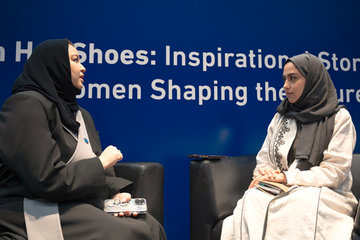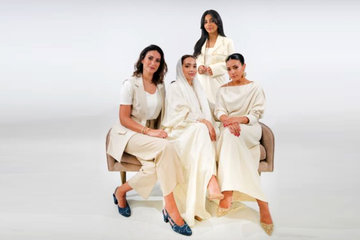
Imphal, the state capital of Manipur in India, has a market called Ima Keithel that is handled entirely by women. With more than 5,000 stalls scattered across three multi-story buildings and a sea of neighboring tin shacks, it is reputed to be the largest women-only market in the world. Men are permitted inside, but only to make purchases, serve as guards or porters, or provide the women milky chai. Ima Keithel's aisles are crammed with a broad variety of items, including jade-colored betel nut leaves and scented pinewood, beautiful silken blankets and carpets, artisan ceramics, and bamboo baskets.
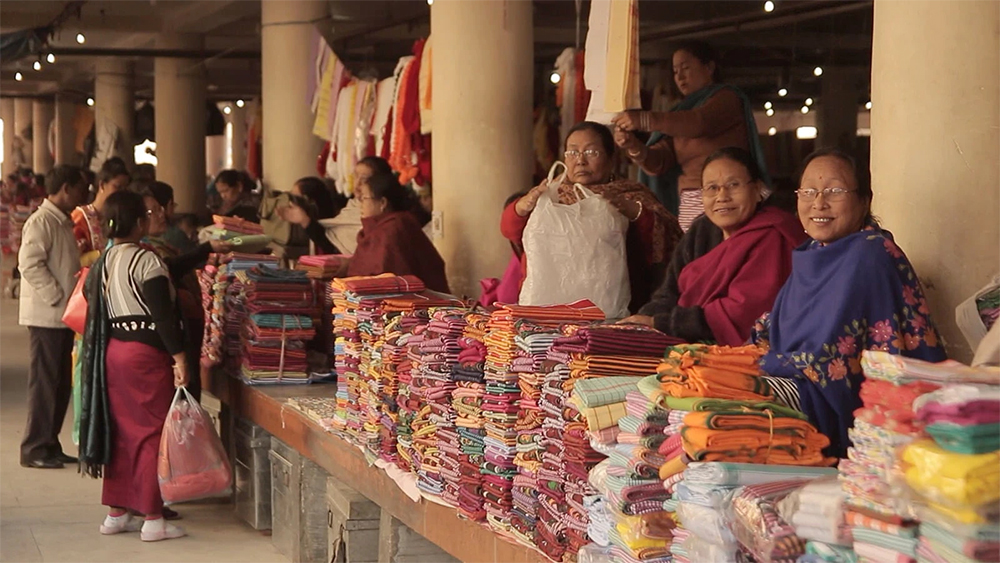
According to custom, only married women are officially allowed to trade in the market. A woman must be recommended by a retiring vendor who would often select a successor who is in her family, such as a sister, daughter, or cousin. The market was first used as a temporary, outdoor bargaining place for crops in the 16th century. It was left to the women to govern the city because conscription was made compulsory in Manipur to support the war effort against the nearby Burmese and Chinese.
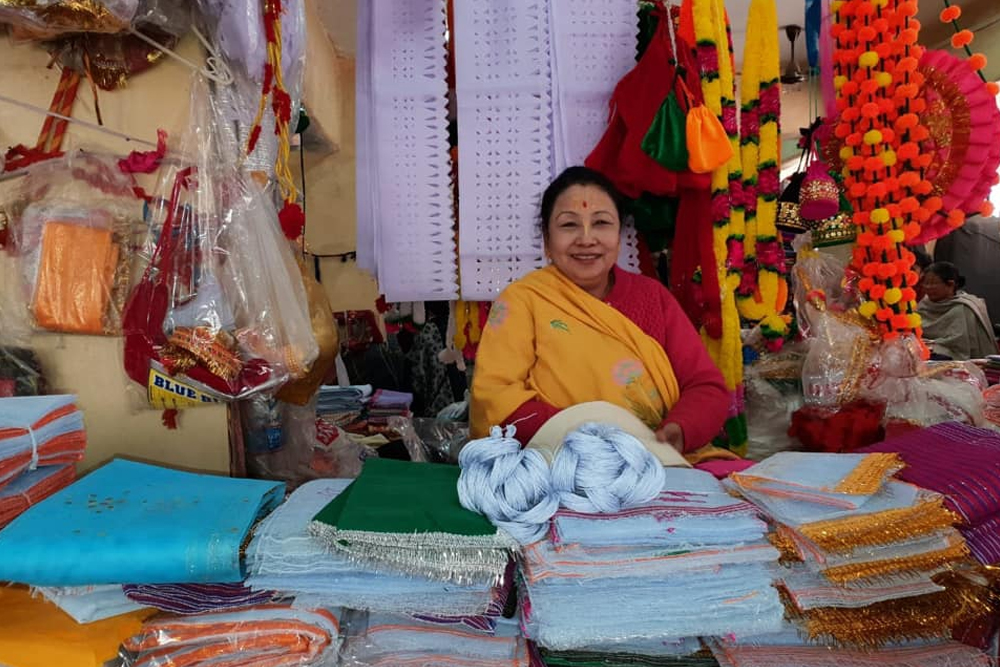
Today, Ima Keithel is not only a place of business but also a crucial site for social and political activism in Manipur. The women of the market have played a crucial role in protests and strikes that have influenced local elections and pushed back against British colonizers and government plans to build a shopping mall on the market's site.
Ima Keithel is a microcosm of Manipur's egalitarian society, with one of the highest female literacy rates in India and seen as a pioneer for gender equality across the country. While the majority of the population is of the local Meitei ethnic group, the market also houses Hindi women as well as those representing the state's 33 indigenous groups. Some women have also used the freedom of the market to break out of traditional social norms that dictate women should not work.
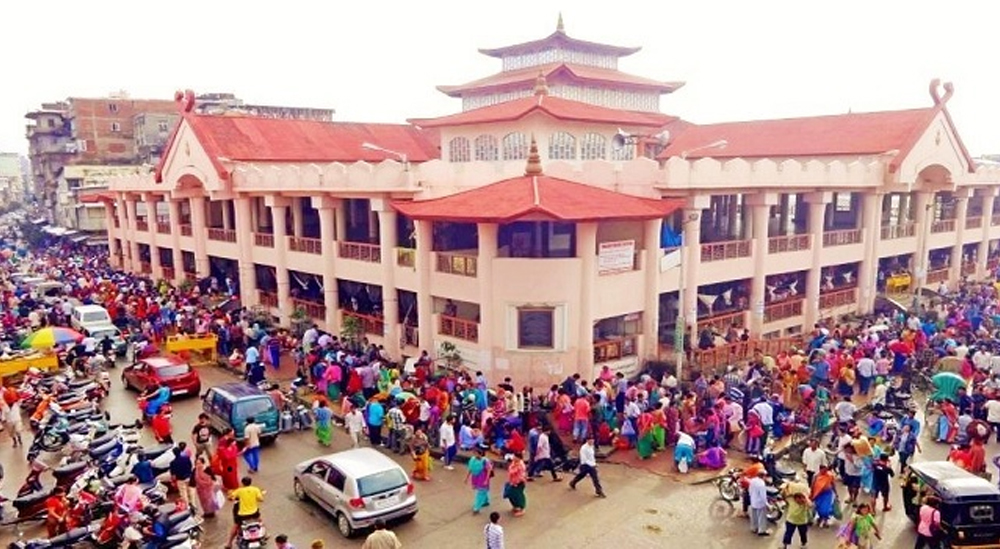
While the market has faced challenges, such as damage from an earthquake and closures during the pandemic, the positive effects for the women are priceless. The market is a vibrant mix of colors, sounds, and smells, and the women who run it are not only businesswomen but also activists and pioneers for gender equality.




